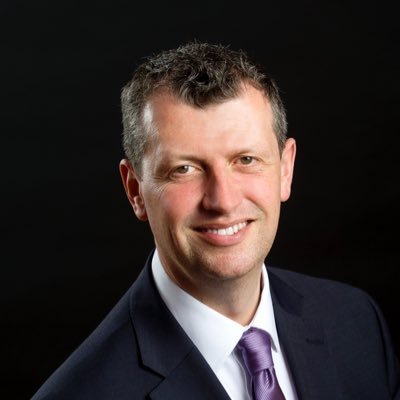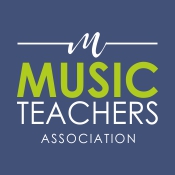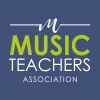This year’s Music Education Expo will feature a session from Music Teachers’ Association members on surviving with a small budget. Here we compile a list of the best advice to build an excellent music department with very little resources.
What does a thriving music department look like?
- Music is part of mainstream school life
- Everyone sings
- Music is heard around the school
- A vibrant curriculum is accessible to all
- Students flock to the music department at break, lunch and after school
- The Head of Music is an enthusiastic advocate for music
- Peripatetic staff are considered part of the music department
- SLT support concerts because they want to, rather than feeling it to be their duty
- Instrumental lessons are available to all, supported by bursaries as necessary
How can you increase funding for the music department?
- Central capitation will fund the basics (usually textbooks and photocopying)
- Ensure that concert revenue is held by the music department (present this as a way of saving the school money it would have to find from other sources)
- Explore the free resources available (e.g. Friday Afternoons)
- Talk to your music hub about what you can access, including Whole Class Instrumental Tuition, loan of instruments, workshops and curriculum resources
- Harness parent power, including PTA, also exploring match funding from those parents whose employers have a charity match funding scheme
- Create opportunities for your ensembles to perform around the community – in time, this will bring in paid engagements
- Attract advertising for school concerts or concerts in the local community – ask a couple of parents to take responsibility for this: you will be surprised at how much good will is out there for your school, and for music education in general
- Create partnerships with other flourishing departments in the school and share income from their events

What are the key relationships necessary
and how do you nurture them?
Caitlin Sherring
Head of Music and Arts, Woodcroft Primary School

James Manwaring
Director of Music, The Windsor Boys’ School

Don Gillthorpe
Director of Music, Ripley St Thomas CE Academy

Simon Toyne (Chair)
Executive Director of Music of the
David Ross Education Trust
- Supportive Head and SLT – be their best friend as a successful department; encourage speeches at the beginning or end of concerts; always come to them with solutions, rather than problems
- Peripatetic teachers – value them through observing lessons informally, making time to talk, investing in a decent coffee machine, and including them overtly in concert preparation and/or coaching/leading ensembles
- Local Music Hub – be an enthusiast for music in your school and community; think creatively together about use of resources and space; take up offers of workshops with pro groups provided through hubs (with ACE funding)
- Parents – nurture them through regular, efficient communication, and create, with them, a vibrant musical community: including running box office & refreshments for concerts, raising funds through social events (quiz nights, talent evenings, car boot sales), and setting up a parent choir
- Students – give them the space to take responsibility for music in the school community; form a student leadership group; allow students to be in charge of the promotion of concerts; involve them in fundraising activities
- Other staff – be a key player in the social scene of the school; support other activities yourself to encourage them to do the same; involve them in musical activities; have a staff choir at Christmas


